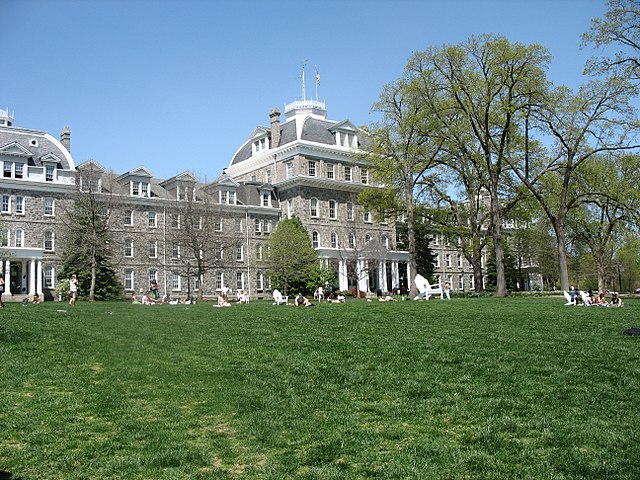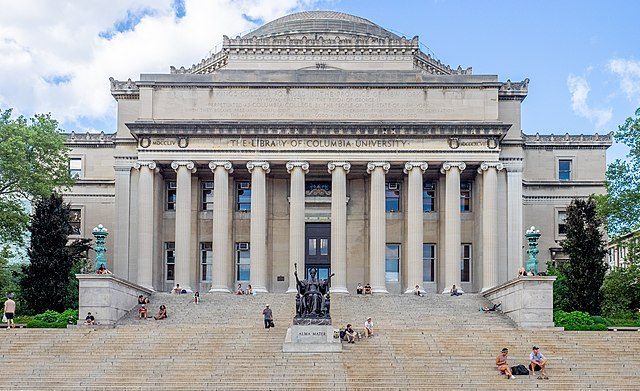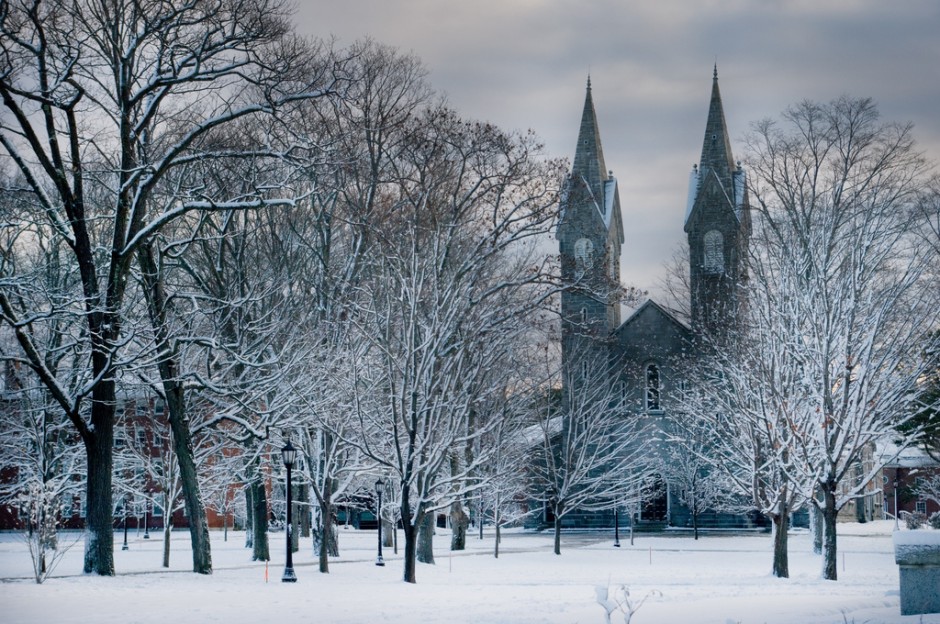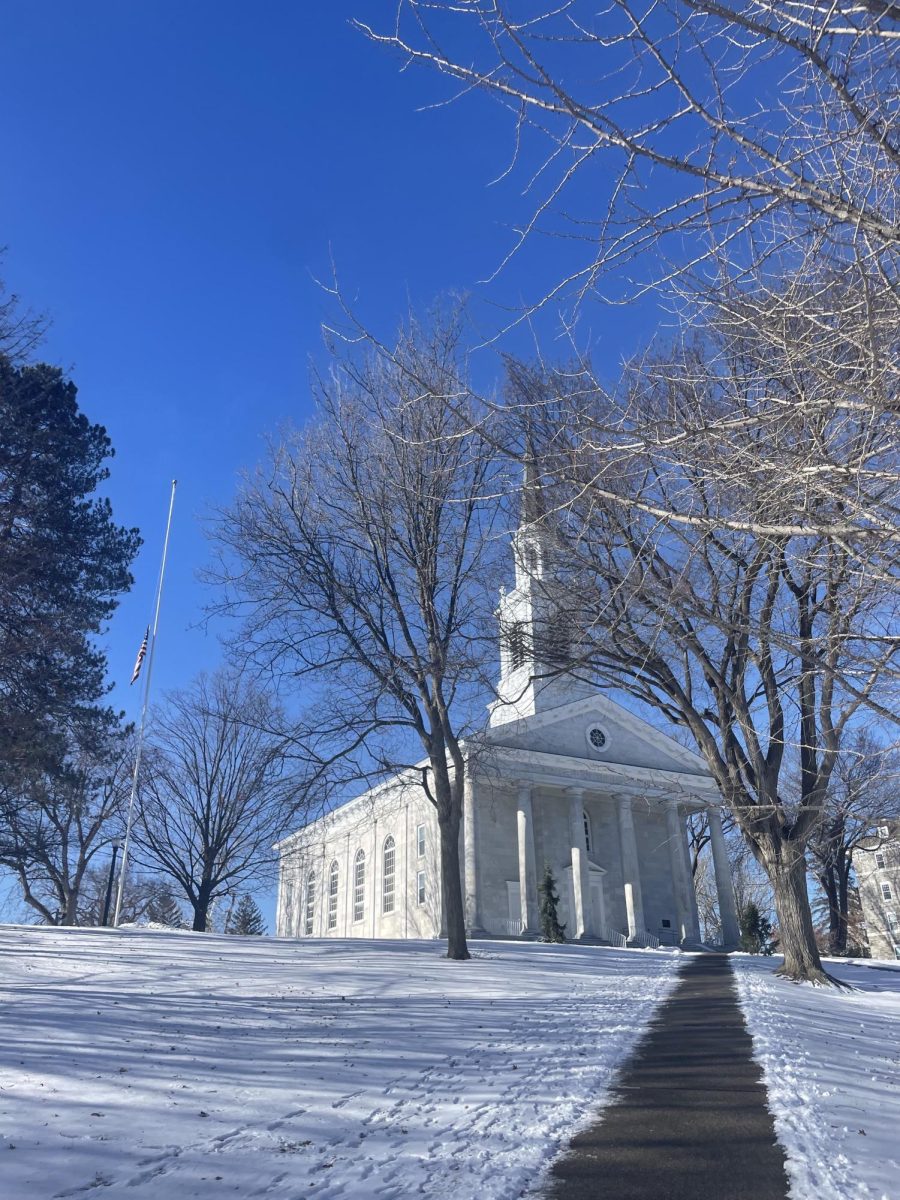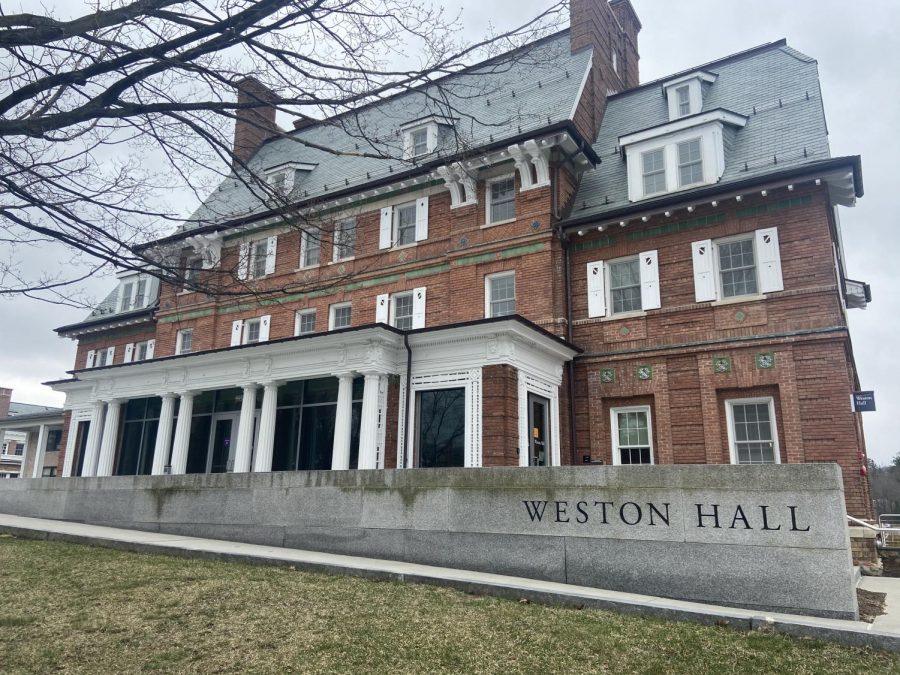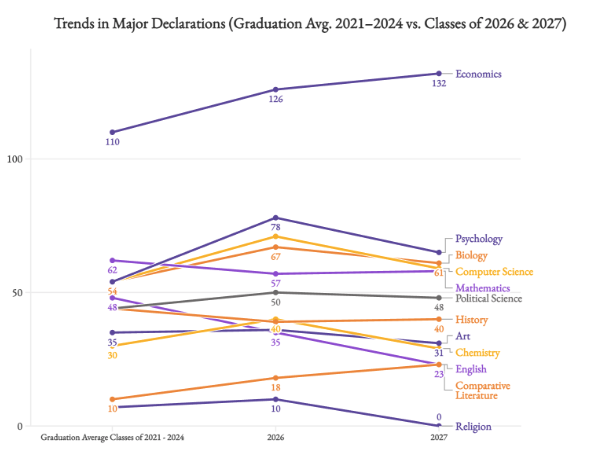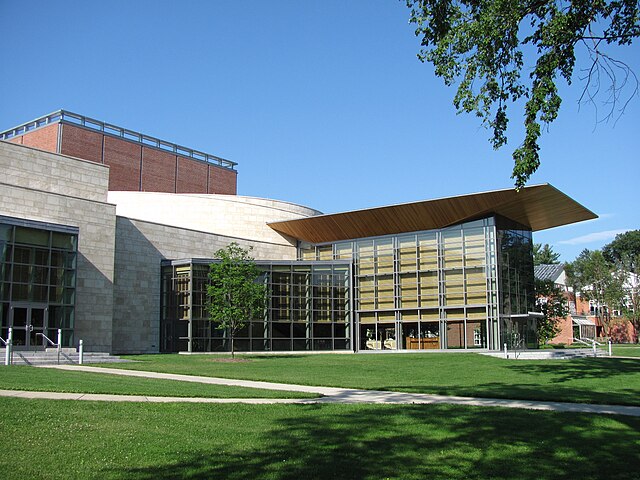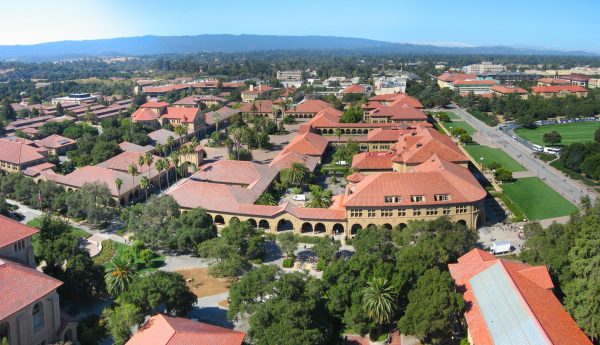
California will ban private universities and colleges from considering the legacy and donor status of applicants during the admissions process starting Sept. 1, 2025. Governor Gavin Newsom, who signed the bill into law on Monday, said the ban is intended to promote equal educational opportunity in California.
Six institutions in California, including Stanford and Claremont McKenna, use legacy and donor admissions. The University of California System abandoned the practice in 1998, and Pomona College ended legacy admissions in 2017.
“In California, everyone should be able to get ahead through merit, skill, and hard work,” Newsom wrote in a press release on Monday. “The California Dream shouldn’t be accessible to just a lucky few, which is why we’re opening the door to higher education wide enough for everyone, fairly.”
The California law comes in the wake of the Supreme Court’s decision to strike down race-based considerations in college admissions last year. In May, Maryland was the first state to ban private universities from considering legacy and donor status in admissions.
Many selective colleges consider legacy and donor relations in admissions to create an intergenerational alum community and to encourage donations, which can be used to support financial aid.
Opponents of legacy admissions say the practice disproportionately aids wealthy white applicants and reduces equity in college admissions. A 2023 Harvard study of legacy admissions at “Ivy plus” colleges, a category that includes Stanford, found that eliminating legacy admissions would reduce the share of enrolled students who come from the top 1 percent of parental income distribution by about two percentage points and increase the share from the bottom 60 percent by about one percentage point. Some experts, however, say ending legacy admissions would not greatly increase equity.
“If we value diversity in higher education, we must level the playing field,” said California Assemblymember Phil Ting (D-San Francisco), who wrote the bill. “That means making the college application process more fair and equitable. Hard work, good grades, and a well-rounded background should earn you a spot in the incoming class, not the size of the check your family can write or who you’re related to.”
The law will require universities in California to publicly file data comparing admission rates of legacy and non-legacy applicants. While earlier drafts of the bill included a penalty for noncompliance, the law Newsom signed will not penalize violators.
At Stanford, numerous campus activists advocated for the bill in the spring. The Stanford Daily reported in May that student organizers with Class Action, a national organization that opposes legacy admissions, traveled to the state Capitol in April to advocate for the bill while it was still in the assembly.
While Amherst eliminated legacy preferences in fall 2022 and Wesleyan did the same in July 2023, Williams continues to consider legacy status in admissions decisions — though Dean of Admission and Financial Aid Liz Creighton ’01 told the Record in 2021 it is not the determining factor in an applicant’s admission decision.



